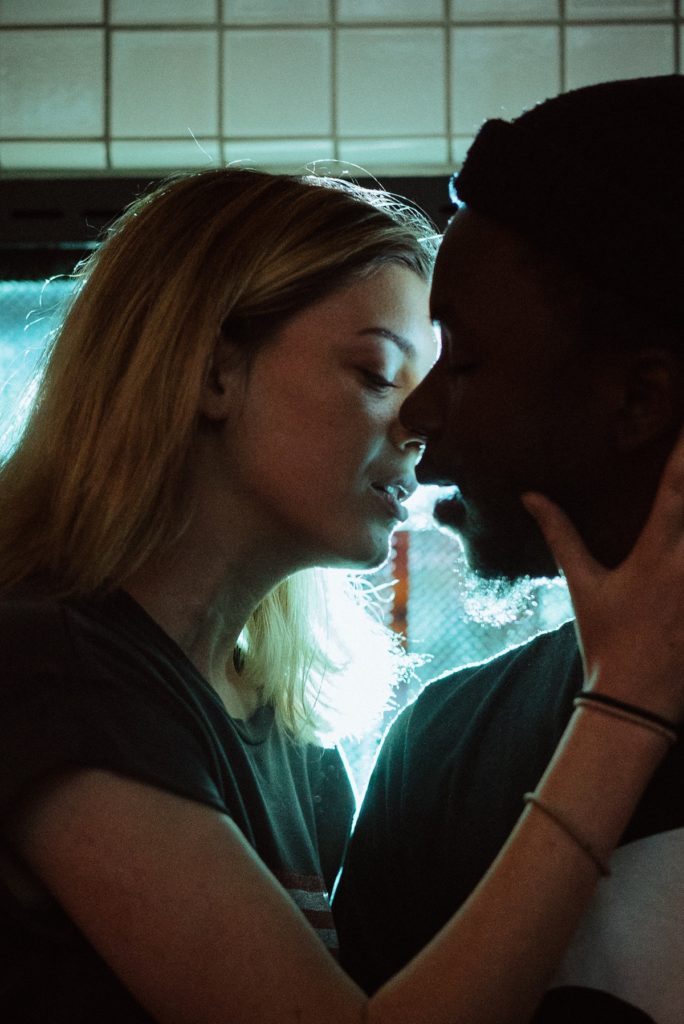One of the most common concerns among playwrights with a play between drafts is that some of their characters sound too alike.
There’s a kind of rule among some theatre literary managers that if you cover up the characters’ names on a page of dialogue, you should still be able to tell which character is which.
I’m not sure that’s a useful thing to tell a playwright working through the mechanics of their play. Clear differences in speech ought to be a side-effect of the work, rather than an aim of the work.
Why? Well, personally, when I try to concentrate on differences between characters’ speech patterns I unconsciously exaggerate. Lisps, weird dialects, finishing every utterance with ‘eh?’ signalling a bunch of stereotyped thinking rather than clear delineation.
So what to concentrate upon to avoid this problem?
There are many things you can do – here are three – and the last of these is the quickest fix and probably the most effective. Continue reading “When Characters Sound Too Alike (a few thoughts #12)”





